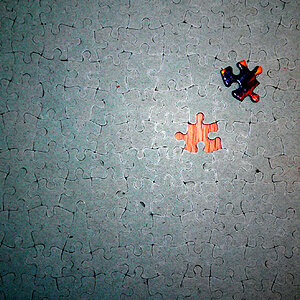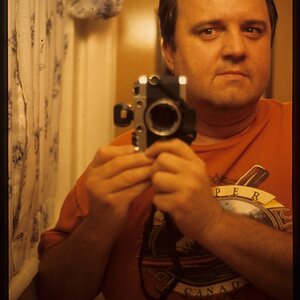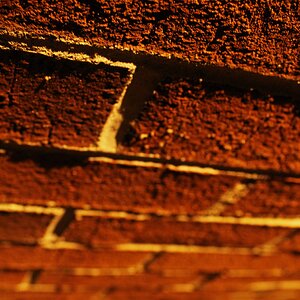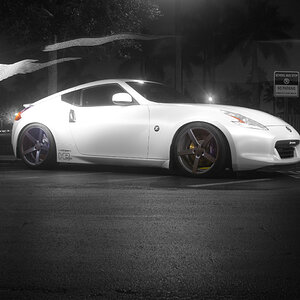Goontz
TPF Noob!
- Joined
- Jul 17, 2009
- Messages
- 1,275
- Reaction score
- 2
- Location
- Austin/Houston, TX
- Can others edit my Photos
- Photos OK to edit
SHUTUPIHATEYOU!I just generally disagree with everything anyone said. And anyone who disagrees with me is a gigantic fart knocker!



![[No title]](/data/xfmg/thumbnail/32/32929-22e23acc63d6ecb25e5ee941be87121f.jpg?1619735758)

![[No title]](/data/xfmg/thumbnail/36/36421-843e629a8c32ff091e337e6880f0c323.jpg?1619737565)




![[No title]](/data/xfmg/thumbnail/32/32930-09414fc020c2a60a456ff59a05c5ef8f.jpg?1619735759)
![[No title]](/data/xfmg/thumbnail/36/36423-4f4abd5f32da2219d4967c7a13b07a8c.jpg?1619737566)

